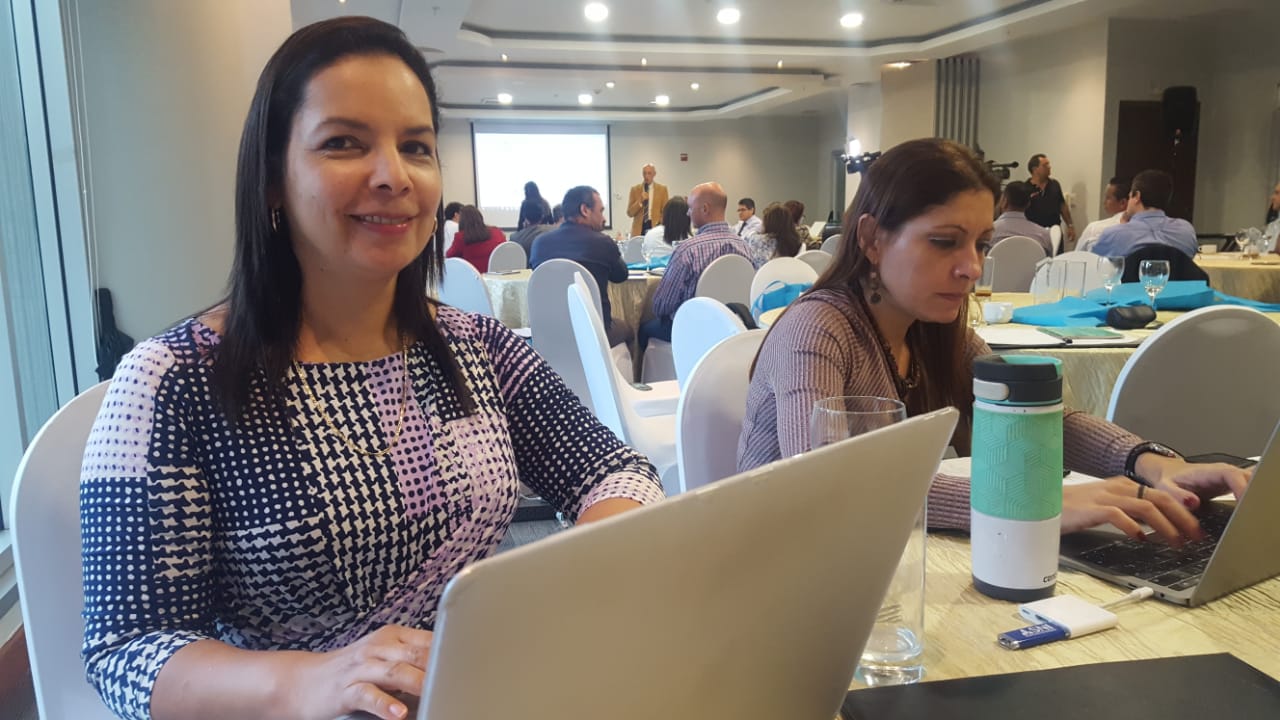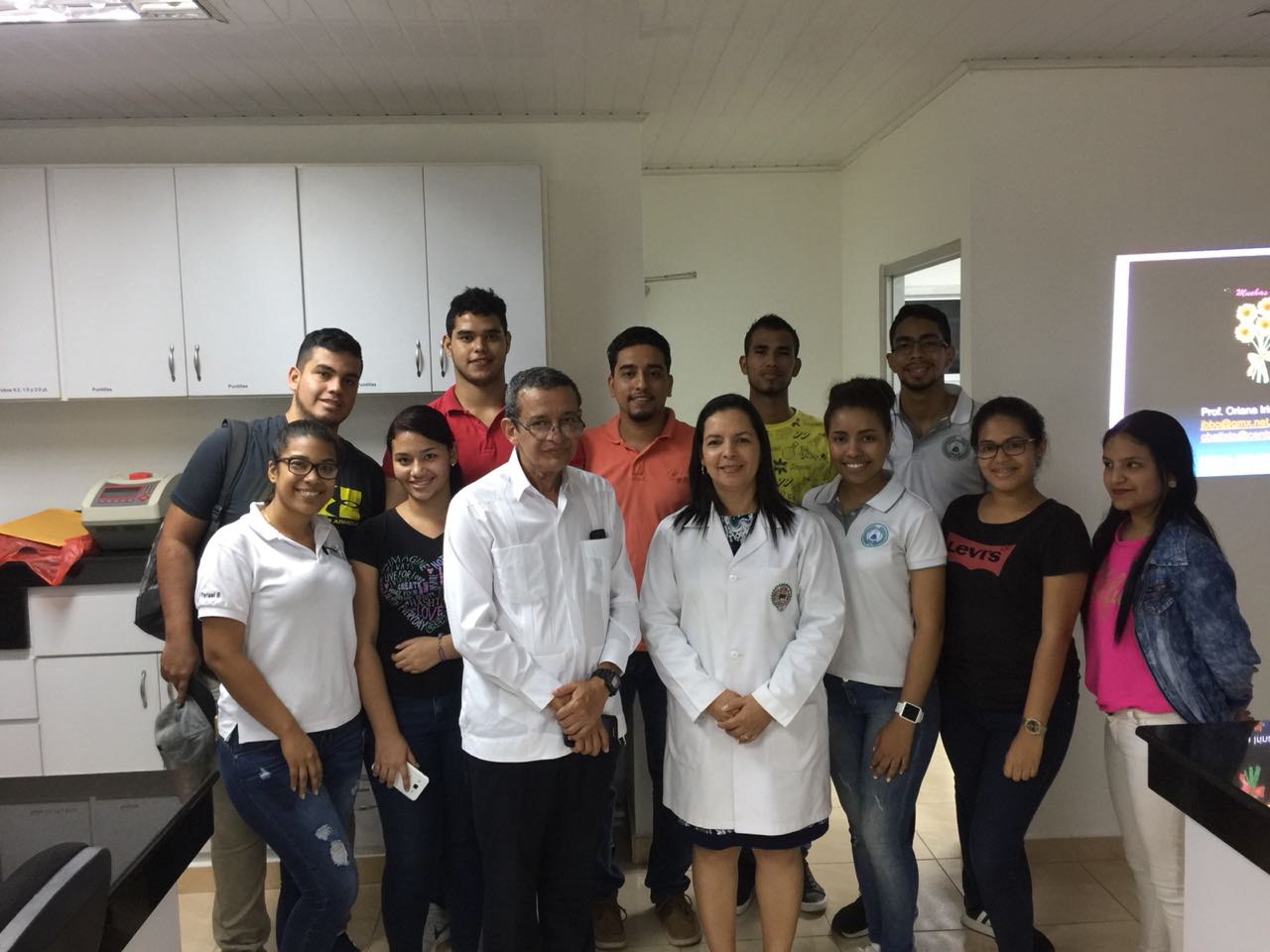CYTOGENETIC TESTING
Cytogenetic testing
Chromosomal analysis include:
- Chromosome analysis from blood: for a couple with recurring losses, parents of a child with defective chromosome, evaluation of mental retardation, infertility evaluation or a family with a defective chromosome history.
- Cytogenetic analysis of cancer: for determining the Philadelphia chromosome or other cytogenetic marker in association with leukemias, lymphomas and other cancers.
- Chromosomal analysis of conception products: studies focused on tissue obtained after spontaneous or elective termination of pregnancy, stillbirth or perinatal death.
- FISH analysis: recommended to determine microdeletions and duplications, to identify chromosomal markers or rearrangements characterization.
Sample requirements for cytogenetic testing
- Add in each of two vacutainer tubes with heparin (green top) about 5 mL of adult people blood. For children one single tube with 0.5 to 3 mL is enough.
- Mark the tubes with the patient’s full name and date of birth. Keep the sample at room temperature. According to the requested analysis the type of tissue can vary.
- Insert the tubes in a sealed plastic bag and place them with enough material (paper towel) that can absorb the entire blood volume if the tubes break. For places far from Centro Gendiagnostik send plastic bag sealed in an envelope using domestic express delivery like Uno Express o Servi Entrega. Use FedEx if you live outside of Panama. Do not send the samples by the conventional post office. Send the samples to arrive only between Monday and Friday. Do not send samples on weekend or to arrive on weekend days.
- Send the requisition form together with the sample and copy of payment verification. Fill the requisition form completely.
- Sample shipping address:Attention: Oriana Batista, M.Sc., Dr.rer.nat.
Centro Gendiagnostik
Avenida Central, Contiguo al Cuartel de Bomberos
David, Provincia de Chiriquí
Panamá - For questions, please contact Client Services at (00507) 7742871












